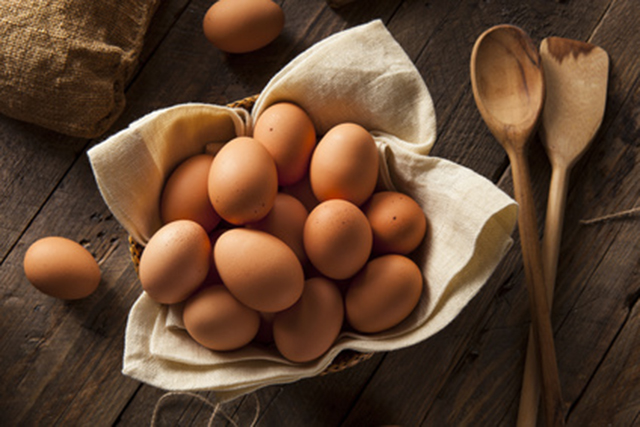Persons with type 2 diabetes have a difficult time managing their blood sugar levels. New research from the University of Missouri shows that high protein in breakfast prevents blood sugar spikes.
“People often assume that their glucose response at one meal will be identical to their responses at other meals, but that really isn’t the case,” said Jill Kanaley, professor and associate chair in the MU Department of Nutrition and Exercise Physiology. “For instance, we know that what you eat and when you eat make a difference, and that if people skip breakfast, their glucose response at lunch will be huge. In our study, we found those who ate breakfast experienced appropriate glucose responses after lunch.”
Kanaley and her team observed blood glucose levels, insulin, and several gut hormones of participants with type-2 diabetes after breakfast and lunch. The study participants ate either a high protein breakfast or a high carbohydrate breakfast. The lunch included a balanced amount of protein and carbs.
The researchers found that high protein in breakfast prevents blood sugar spikes significantly. Insulin levels were increased after lunch, which showed that protein was effectively helping to regulate blood sugar levels.
“The first meal of the day is critical in maintaining glycemic control at later meals, so it really primes people for the rest of the day,” Kanaley said. “Eating breakfast prompts cells to increase concentrations of insulin at the second meal, which is good because it shows that the body is acting appropriately by trying to regulate glucose levels. However, it is important for Type 2 diabetics to understand that different foods will affect them differently, and to really understand how they respond to meals, they need to consistently track their glucose. Trigger foods may change depending on how much physical activity people have gotten that day or how long they have waited between meals.”
Kanaley believes that persons with high blood sugar would benefit from protein in the diet, but an extreme amount is not needed for benefits.
“We suggest consuming 25 to 30 grams of protein at breakfast, which is within the range of the FDA recommendations,” Kanaley said.
Some healthy sources of protein are quinoa, beans, legumes, nuts, chickpeas, leafy greens, and chia seeds.
Note: None of the information in our website is intended to diagnose, treat, cure or prevent any illness or disease. The content on our website is for educational purposes only.
DON’T FORGET to sign up for our weekly newsletter to get our latest articles, updates, free recipes and giveaways.
Rate of diabetes in U.S. may be leveling off.
Find your diabetes risk score with a simple test.
The best herbs for diabetes.
For the top foods to help with diabetes.
For a diabetes drink.
REFERENCES:
1. “Prevent Type 2 Diabetes Blood-Sugar Spikes by Eating More Protein for Breakfast.” University of Missouri. University of Missouri, 29 Apr. 2015. Web. 11 May 2015.
2. “Prevent Type 2 Diabetes Blood-sugar Spikes by Eating More Protein for Breakfast.” Medical News Today. MediLexicon International, 3 May 2015. Web. 11 May 2015.

















